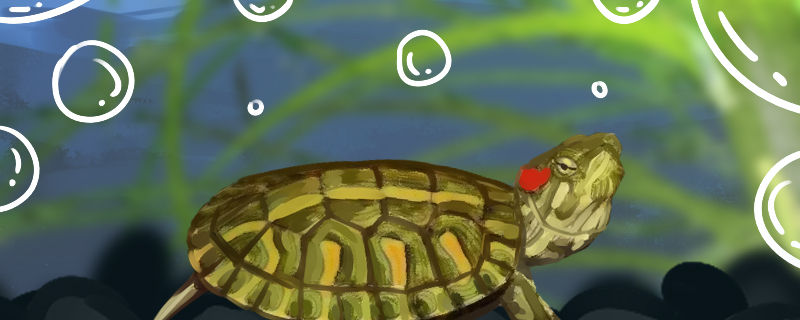
The Grand Turtle can be raised in captivity, but this practice is not particularly common, because they themselves are a less common species. The difficulty of breeding them is still relatively high. First of all, because they are not widely raised in captivity, there is not much experience in raising them, which is one of the reasons why it is difficult to raise them. Moreover, after all, they are not native to China's turtle species, and they may be more sensitive to environmental changes, may not adapt to China's climate conditions, so in the process of breeding they need to simulate the environment of origin, breeding is more difficult.
1. Space: The size of the Grand Turtle is moderate, not a small turtle, and they also need to move, so the space can not be too small. In addition to the water area, you can also set up a land area, and put some stones, plants, etc., so that it is more like a wild environment, easier for them to adapt.
2. Feeding: When feeding the Grand Turtle, be sure to choose the most nutritious food, such as fish and shrimp, earthworms, lean meat, etc. Cut up and sterilize before feeding, but do not feed cooked meat. Vegetables and fruits can also be fed properly, not too much. After they grow up, they don't need to be fed every day, just once every two days or so.
3. Water quality: Grand painted turtles also have high requirements for water quality. They like to live in clean water. Therefore, the work of changing water and cleaning up is more important. If you can't find more suitable water, tap water is also available, but it needs to be dried before it can be used. You can prepare a filter in advance, and it will be more convenient to clean up later.
4. Water temperature: The water temperature in the original place of the Grand Turtle is relatively high, so it is also necessary to ensure the water temperature during artificial breeding. Generally speaking, it should be at least about 20 degrees, otherwise they will not like to eat.